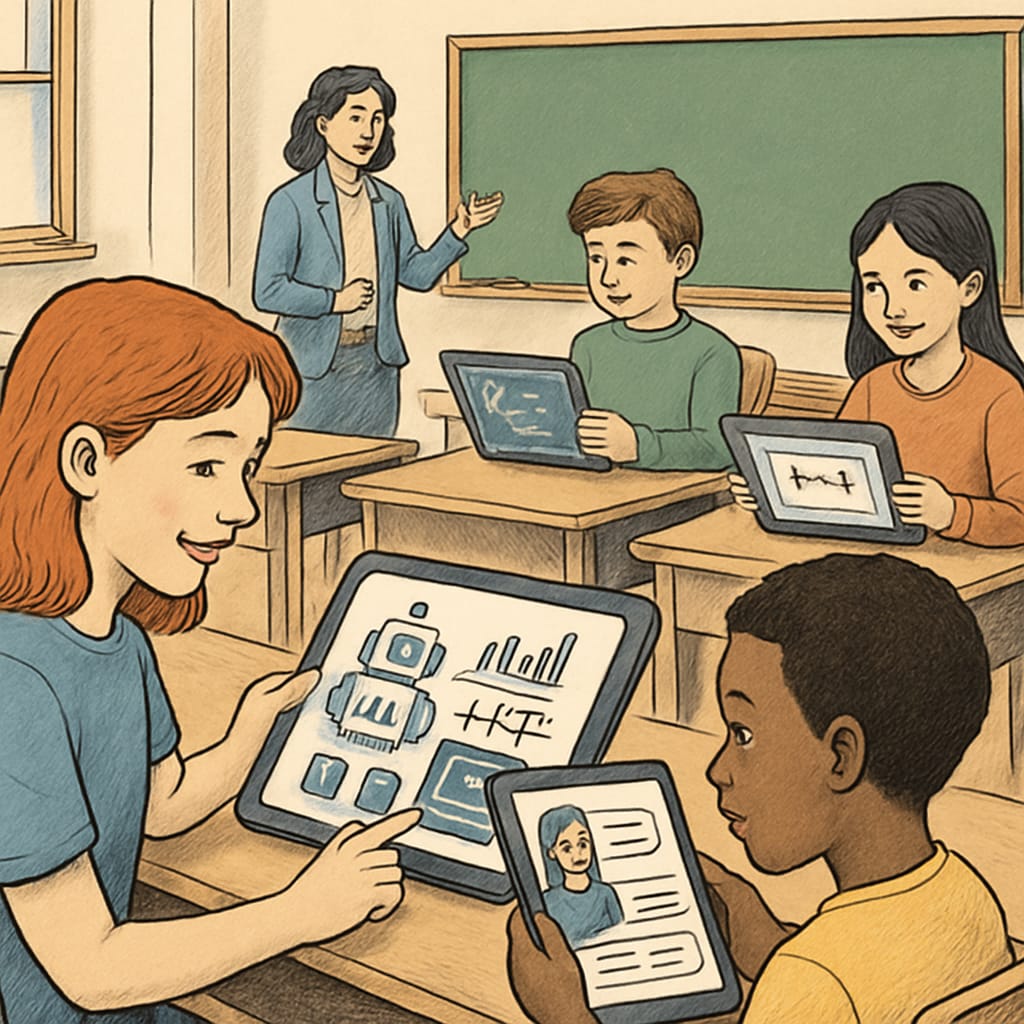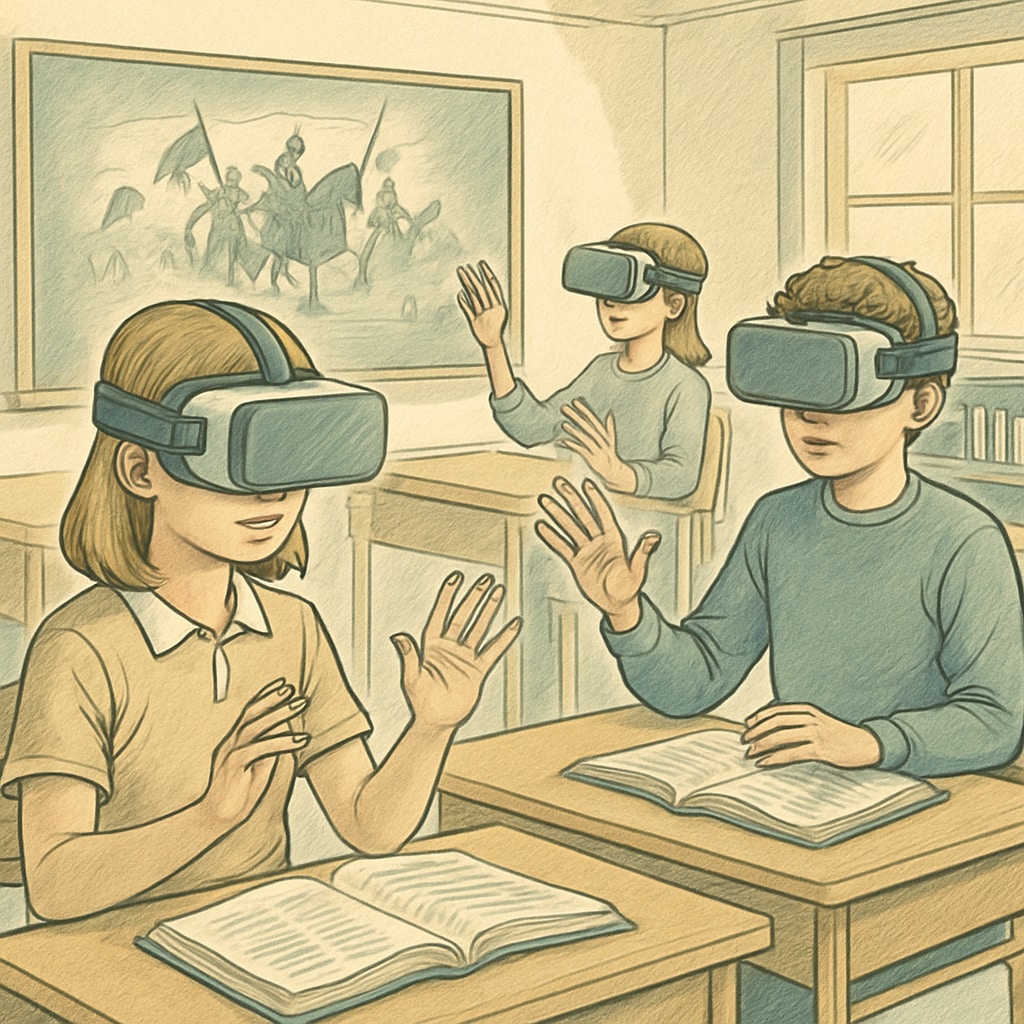The world of education is on the brink of a revolutionary transformation. As artificial intelligence (AI) continues to advance, experts predict significant changes in school education, particularly in K12 classrooms. Artificial intelligence, school education, future impact—these interconnected elements are shaping a new era where personalized learning, intelligent tutoring systems, and adaptive assessments will redefine the way students learn and teachers teach.
Transforming Teaching Methods Through AI
One of the most profound impacts of AI in education lies in its ability to reshape traditional teaching methods. AI-powered tools such as virtual assistants and intelligent tutoring systems are enabling educators to deliver lessons tailored to the individual needs of students. For example, platforms like Khan Academy already use AI to personalize content recommendations based on student progress.
Moreover, AI can automate repetitive tasks like grading and attendance tracking, freeing up valuable time for teachers to focus on mentorship and creativity. This shift from administrative duties to student-focused teaching could enhance the overall quality of education.

Enhancing the Learning Experience
AI is not just a tool for educators; it is also revolutionizing the way students interact with learning materials. Intelligent learning platforms can adapt to students’ pace and preferences, ensuring that no learner is left behind. For example, AI algorithms can analyze student performance and suggest additional resources to address gaps in understanding.
Furthermore, immersive technologies like virtual reality (VR) and augmented reality (AR), powered by AI, are making education more engaging. Imagine a history lesson where students can “travel” back in time using VR to explore ancient civilizations. This experiential learning approach could make complex subjects more accessible and enjoyable for students.

Redefining Assessment and Feedback
Traditional assessment methods often fail to provide a comprehensive view of student learning. AI-driven assessment tools are changing that by offering real-time feedback and in-depth analytics. For instance, adaptive testing platforms can adjust the difficulty level of questions based on a student’s performance, providing a more accurate picture of their abilities.
Additionally, AI can identify patterns in student behavior and predict learning outcomes, helping educators intervene early to address potential challenges. This data-driven approach ensures that assessments are not just a measure of knowledge but a tool for continuous improvement.
Empowering Educators to Lead the Change
While AI offers immense possibilities, its successful integration into education requires proactive efforts from educators. Teachers must be trained to use AI tools effectively and adapt their teaching strategies to leverage technology. Collaboration between educators, technologists, and policymakers will be crucial in designing AI systems that align with educational goals.
In addition, ethical considerations must be addressed, such as ensuring data privacy and preventing algorithmic biases. By taking a balanced approach, educators can harness the power of AI to create an equitable and inclusive learning environment.
Readability guidance: The article uses short paragraphs, clear transitions, and lists where appropriate. It minimizes passive voice and long sentences, ensuring clarity and engagement for readers.


